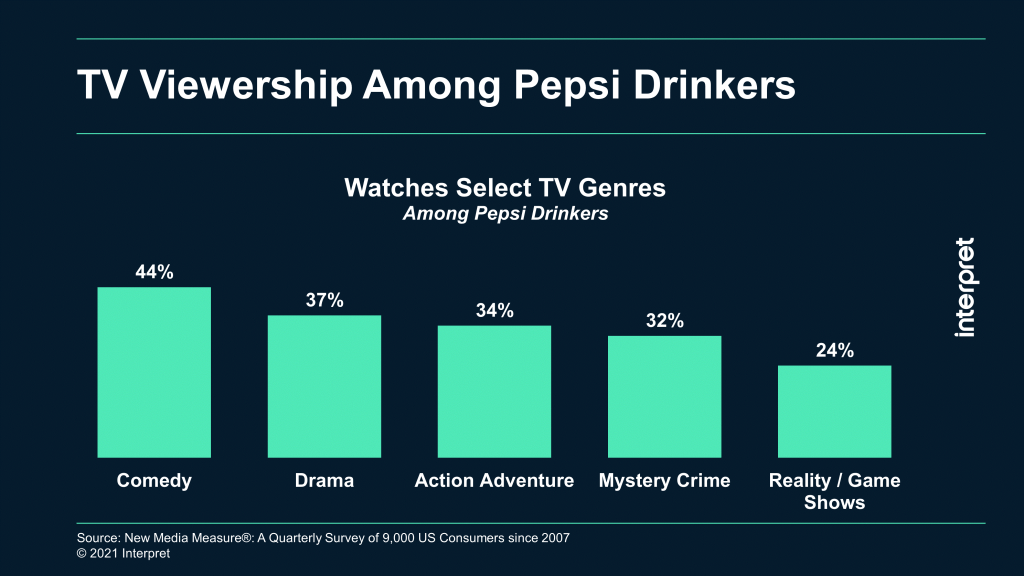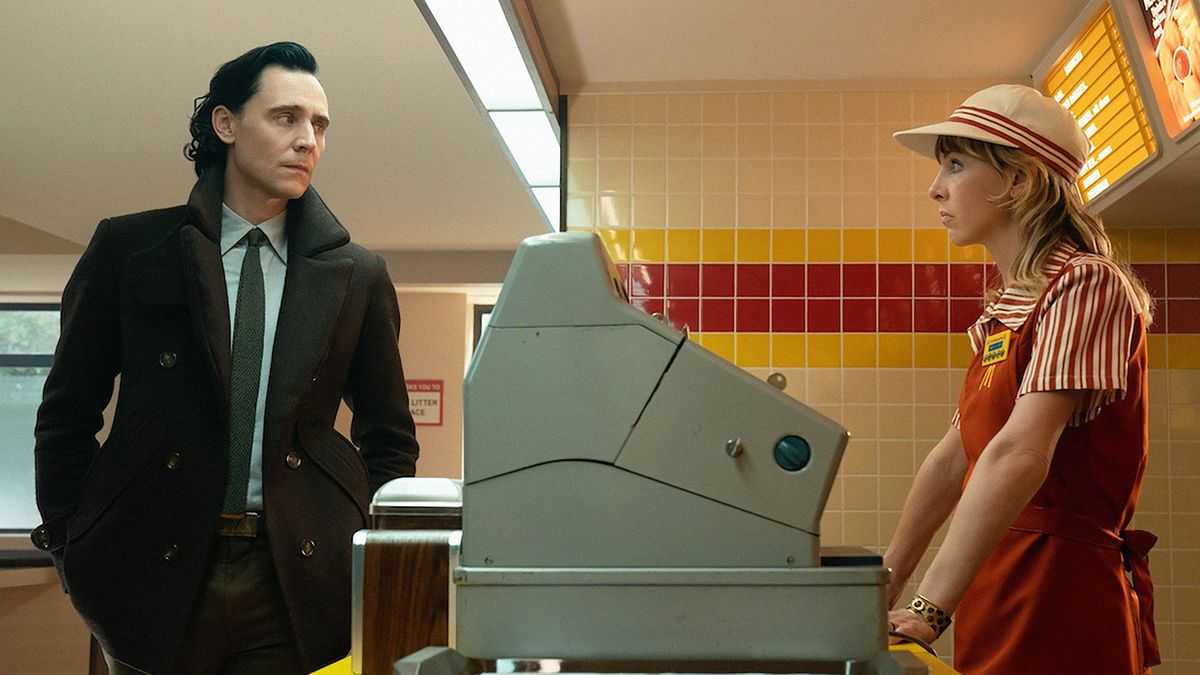Pepsi’s marketing team leveraged Valentine’s Day to unveil their newest initiative: a branded game show on Fox that puts Pepsi Wild Cherry in the prime-time spotlight. The 30-minute trivia game show, Cherries Wild, aired right before The Simpsons and deliberately featured cherries in an iconic slot machine style to remind viewers and contestant that they can win big (all while not so subtly hinting at the Pepsi Wild Cherry brand). Contestants stood behind podiums that resembled beverage cans while competing for a $250,000 jackpot.
Beyond the game show itself, Pepsi launched a companion mobile app to enable viewers at home to play alongside the contestants and win prize money along with them. “We know that 73% of consumers are on their phone while they are watching TV, and 55% of those are actually playing games,” Todd Kaplan, Pepsi’s VP of Marketing explained to MediaPost. “We thought it was important to go beyond just being a linear TV show to deliver an all-encompassing, immersive experience that will bring viewers closer to that energy and drama of a prime-time game show like never before.”
In a world where viewers and gamers binge entertainment on demand and often skip over advertising, offering something organic and interactive is a smart play. Pepsi has a history of testing the branded content waters in the video game space. When Pepsi still owned the 7UP brand, it launched a platformer in the ‘90s for Super NES and Sega Genesis called Cool Spot, which featured the 7UP red spot as a mascot figure; it also released Pepsiman for Sega Saturn in 1996.
“Product placement in shows and games is nothing new, but when the brand is presented in a fun and engaging way rather than as an interruption or simply background, it’s more likely to succeed,” said Janine Cannella, Interpret’s VP of Marketing.
Interpret’s New Media Measure® shows that 24% of Pepsi drinkers currently enjoy watching reality or game shows, which is less than genres like comedy or drama but higher than music and talk shows. From a brand perspective, it would have been more difficult to create a comedy or drama featuring Pepsi in any meaningful way, and the game show idea enabled Pepsi’s team to slickly integrate the mobile gaming component. The show has been planned for six episodes initially. Marketers will no doubt be weighing the production costs and ROI against traditional TV advertising to determine which is the better approach moving forward.






